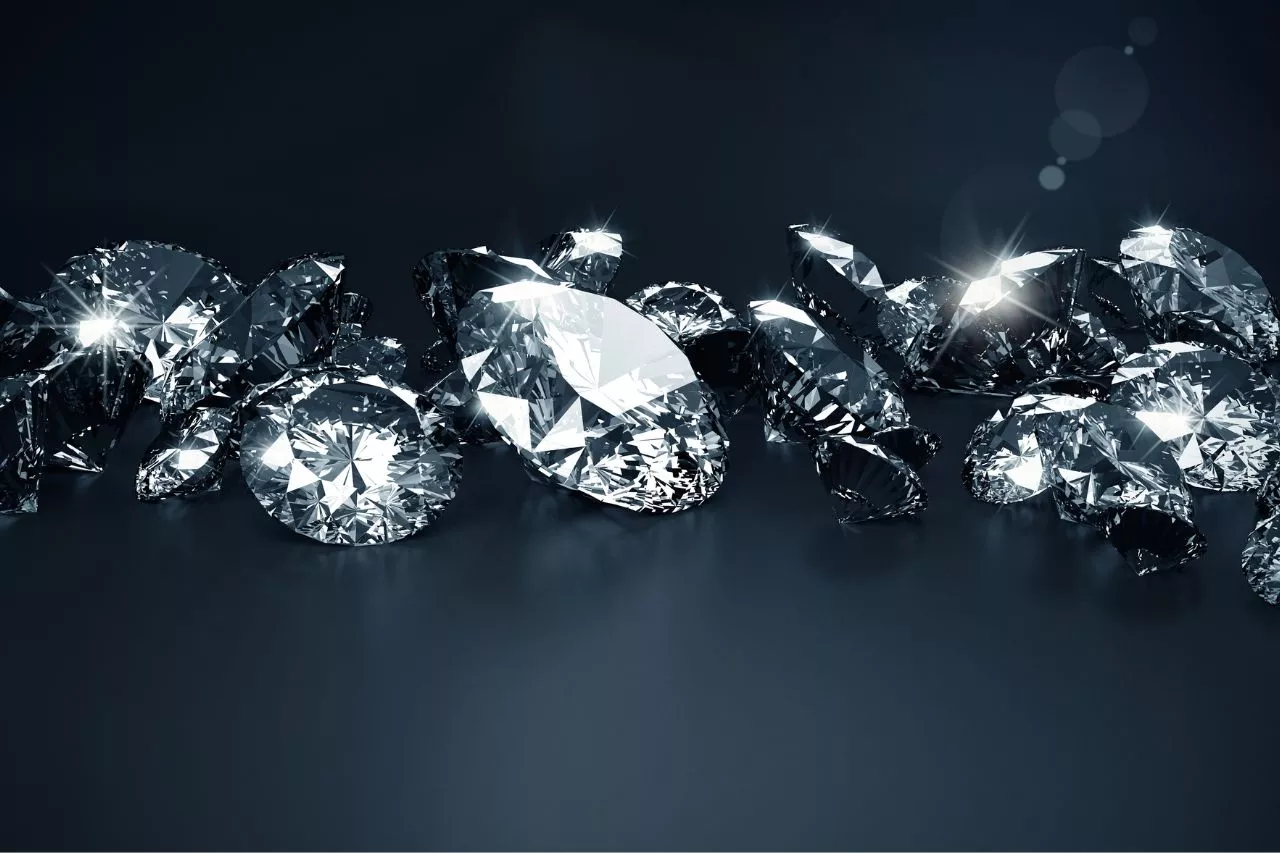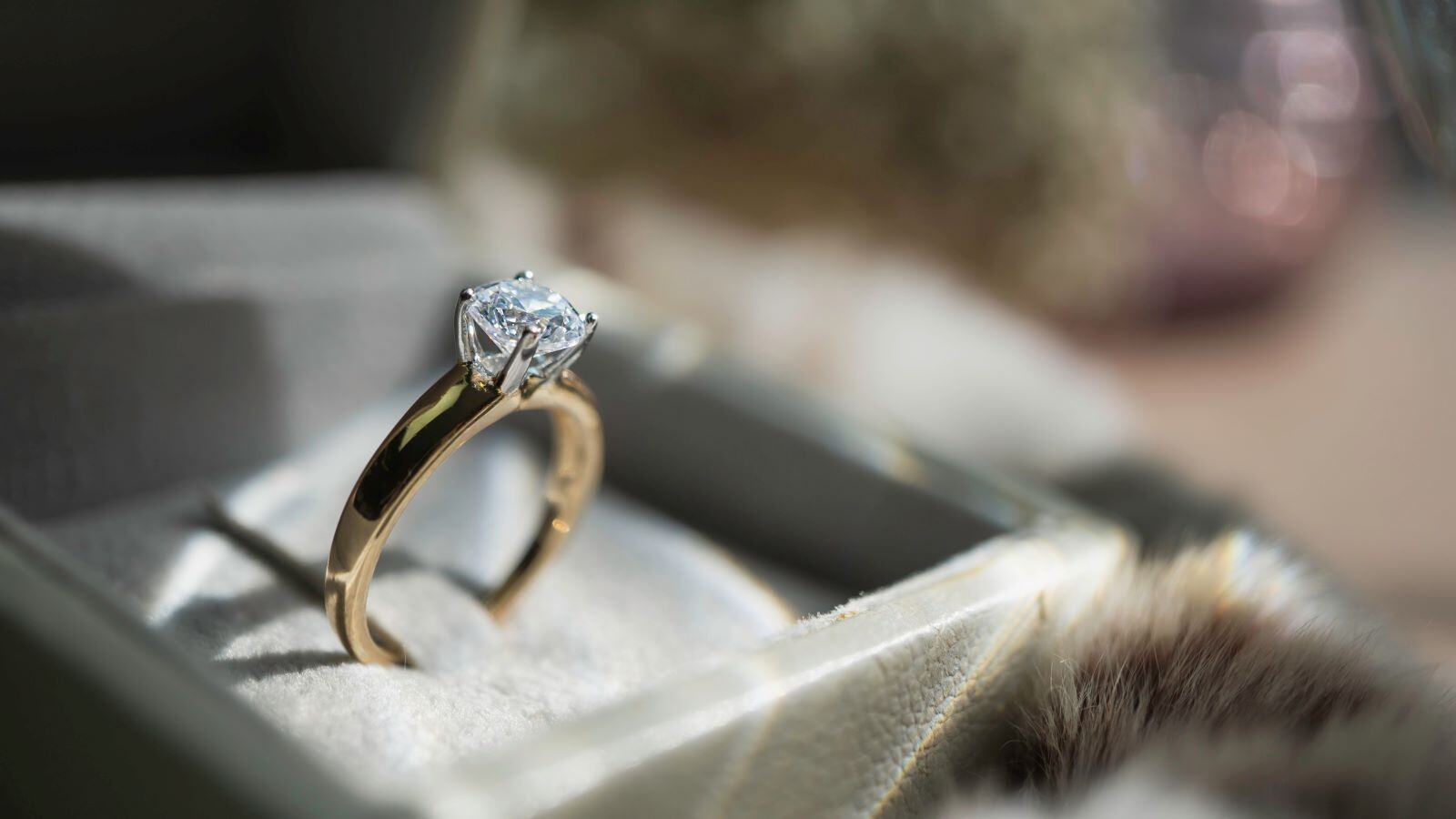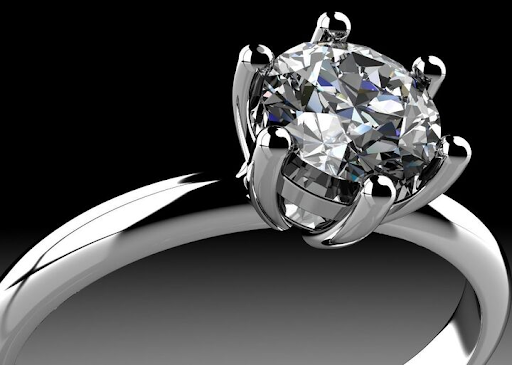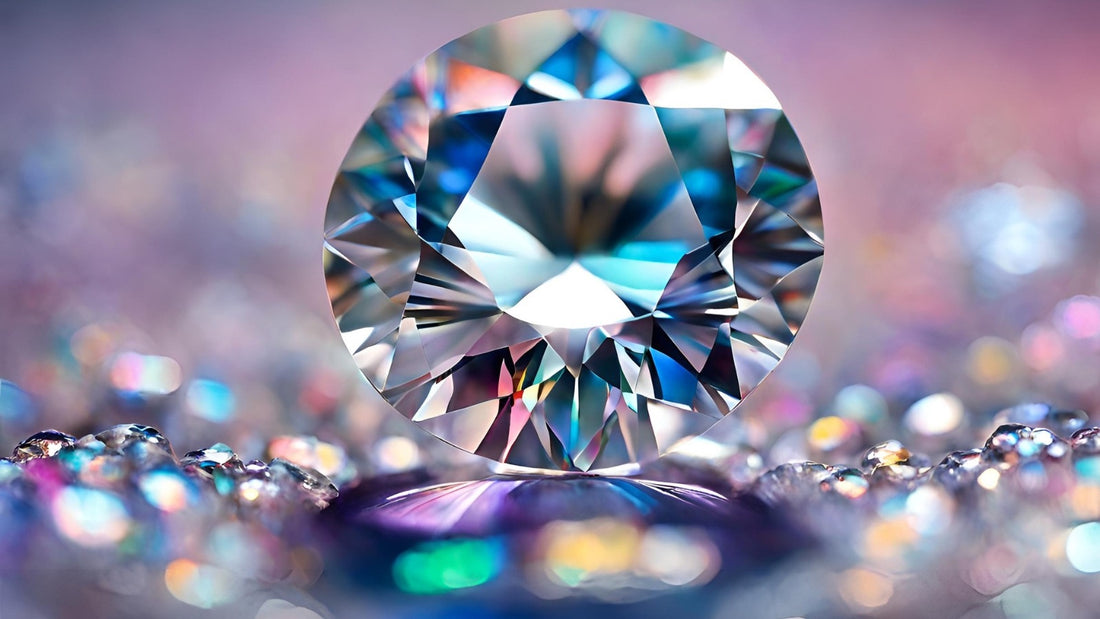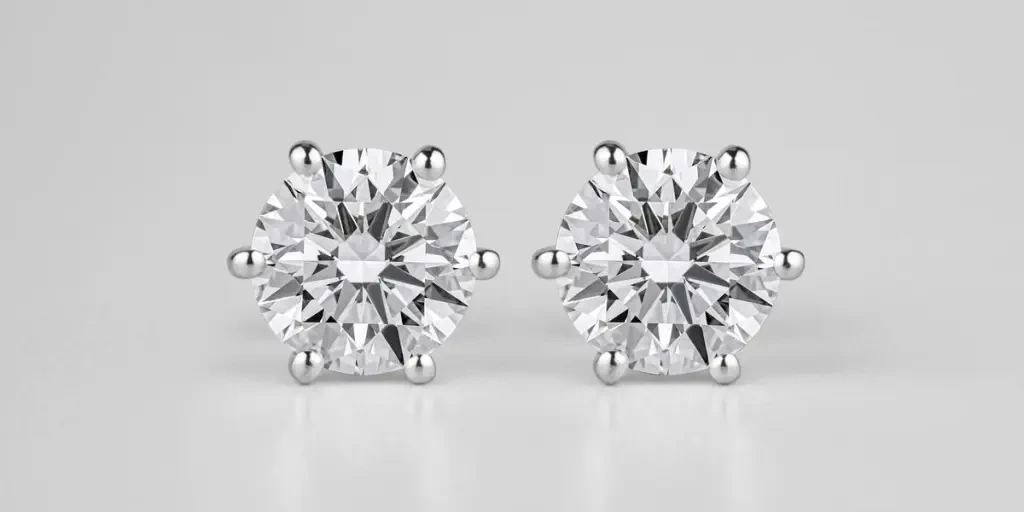
IGI o GIA: Which Certification is Better for Diamonds?
Understanding IGI o GIA Certification
When purchasing a diamond, one of the most crucial factors to consider is its certification. Two of the most recognized and respected gemological laboratories in the world are IGI o GIA. Both organizations assess diamonds based on their cut, color, clarity, and carat weight. However, there are key differences between IGI o GIA certifications that buyers must be aware of before making a purchase.
What is IGI Certification?
The International Gemological Institute (IGI) is one of the leading diamond grading institutions in the world. Established in 1975, IGI has gained popularity due to its widespread presence and certification standards. Many jewelers prefer IGI o GIA because IGI offers faster grading services and often certifies diamonds at a lower cost. While IGI provides detailed diamond reports, some industry experts argue that IGI o GIA grading standards differ in strictness, which can influence diamond value.
What is GIA Certification?
The Gemological Institute of America (GIA) is considered the most reputable diamond grading laboratory worldwide. Founded in 1931, GIA is known for setting the industry benchmark in diamond evaluation. When comparing IGI o GIA, GIA is often perceived as the more stringent and reliable option. Diamonds graded by GIA usually hold higher market value due to the organization’s meticulous grading process. For buyers seeking assurance, IGI o GIA comparisons often highlight GIA as the superior choice.
Differences Between IGI o GIA
One major distinction between IGI o GIA is their grading consistency. GIA is recognized for its strict adherence to grading criteria, while IGI has been criticized for slightly looser standards. This means a diamond graded by IGI may receive a different evaluation if graded by GIA. The pricing of IGI o GIA certifications also varies, with IGI offering more affordable grading services, making it attractive to budget-conscious buyers.
Accuracy and Reliability of IGI o GIA Reports
In the diamond industry, accuracy is critical, and both IGI o GIA provide comprehensive reports. GIA is often seen as the more precise certifier due to its rigorous grading process. Some jewelers and buyers believe that IGI o GIA reports for the same diamond may differ, with GIA being more conservative in its assessments. For investors and collectors, choosing IGI o GIA could impact the long-term value of their diamonds.
Price Differences in IGI o GIA Certified Diamonds
Because IGI grading tends to be less strict, diamonds with IGI certification are usually priced lower than GIA-certified ones. When comparing IGI o GIA, this price gap can be significant, making IGI-certified diamonds appealing to those looking for affordability. However, buyers must consider whether the lower cost of IGI o GIA certification is worth potential discrepancies in quality grading.
Market Preference for IGI o GIA Diamonds
Jewelry buyers, collectors, and investors often debate the lab created diamonds certifications. Many high-end jewelers and retailers prefer to sell GIA-certified diamonds due to their reputation for accuracy. However, IGI has gained traction in international markets, particularly in regions where affordability is a priority. The choice between IGI o GIA largely depends on individual preferences and priorities.
Which Certification Should You Choose: IGI o GIA?
For those prioritizing strict grading and long-term value, GIA is the recommended choice. However, for buyers seeking more budget-friendly options without compromising too much on quality, IGI can be a suitable alternative. The IGI o GIA decision ultimately depends on whether you value cost savings or the highest level of grading accuracy.
Conclusion: Making an Informed Choice Between IGI o GIA
Understanding the differences between IGI o GIA is essential when purchasing a diamond. While IGI offers affordability and convenience, GIA is known for its industry-leading accuracy and trustworthiness. Whether choosing IGI o GIA, buyers should always prioritize their budget, investment goals, and the credibility of the certification. By making an informed decision, they can ensure they receive the best value for their diamond purchase.

